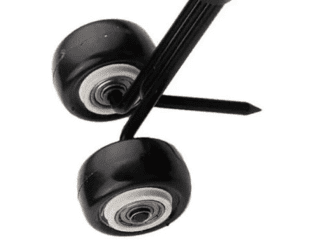
Abbie Chatfield, the popular reality star known for her appearances on The Bachelor, recently sparked an important conversation about the use of the term ‘females.’ On her It’s A Lot podcast, the 28-year-old urged caution, stating that the term can be offensive as it dehumanizes women and excludes transgender individuals.
In her podcast, Abbie compared the use of ‘females’ to a slur, equating it to words like ‘b**tch,’ and highlighting its inherently sexist connotations. She further explained that the term feels transphobic because it categorizes individuals solely based on their gender identity. Instead, she suggests using the word ‘women,’ which allows for a broader understanding of gender identity and expression.
Abbie’s comments have sparked a much-needed conversation about gendered language and its impact on marginalized communities. Many people have applauded her for bringing attention to this often-overlooked issue and for promoting greater sensitivity and awareness in our choice of words.
However, not everyone agrees with Abbie’s perspective. Some argue that the term ‘females’ is neutral and simply descriptive, without any negative connotations. They believe that context and intent play a crucial role in determining whether the use of ‘females’ is offensive or not.
Regardless of individual opinions, Abbie’s remarks have prompted reflection and dialogue on the importance of inclusive language. In a society that strives for greater equality and acceptance, our words have the power to shape perceptions and attitudes towards gender and identity.
The ongoing discussions around gender and language serve as a reminder that we still have work to do in creating a more inclusive and respectful society for all individuals. Through thoughtful and respectful dialogue, we can strive to create a world where everyone feels valued and respected for who they are.
Source: worvd.com


